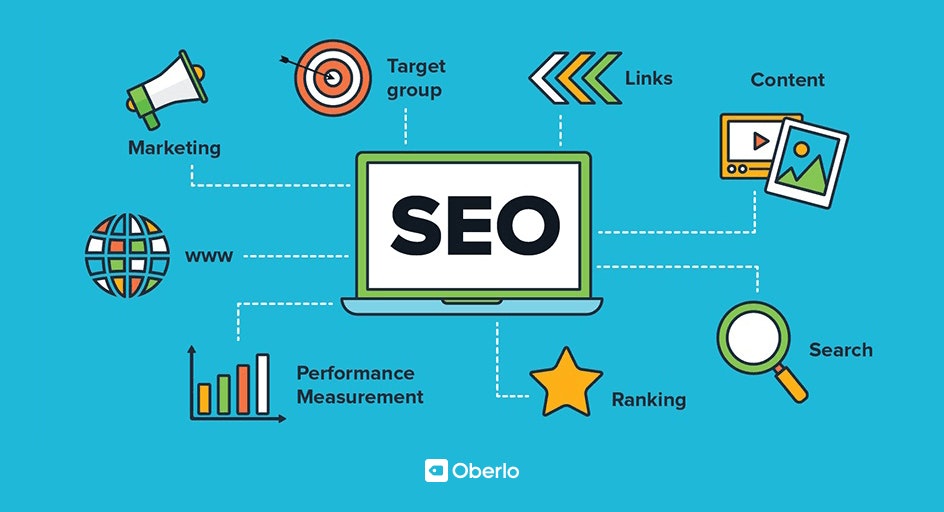Introduction: In today's digital age, where the majority of online experiences begin with a search engine, having a strong online presence is essential for businesses and individuals alike. Search Engine Optimization (SEO) plays a pivotal role in improving website visibility and driving organic traffic from search engines. In this article, we will delve into the concept of SEO, its importance, and how it works to enhance online visibility and attract relevant audiences.
Section 1: Understanding SEO
Search Engine Optimization (SEO) refers to the practice of optimizing a website to improve its visibility in search engine results pages (SERPs). When a user searches for a particular keyword or phrase, search engines like Google, Bing, or Yahoo scan their vast databases to provide the most relevant and authoritative websites.
Section 2: The Importance of SEO
2.1 Increased Organic Traffic: The higher a website ranks in search engine results, the more likely it is to attract organic traffic. SEO helps businesses and individuals leverage this traffic potential, increasing the chances of attracting qualified visitors who are actively seeking relevant information, products, or services.
2.2 Credibility and Trust: Websites that consistently appear on the first page of search engine results are perceived as more credible and trustworthy by users. A strong SEO strategy can help establish a positive online reputation and build trust with potential customers or readers.
2.3 Enhanced User Experience: SEO involves optimizing various aspects of a website, such as page speed, mobile responsiveness, and user-friendly navigation. These optimizations not only improve search engine visibility but also contribute to a seamless user experience, leading to higher engagement, longer visit durations, and increased conversions.
Section 3: How SEO Works
3.1 On-Page SEO: On-page SEO focuses on optimizing individual web pages to improve their relevance and visibility. This includes optimizing meta tags, headings, keyword usage, and content structure. On-page SEO ensures that search engines can understand the content and context of a web page, making it more likely to rank higher in search results.
3.2 Off-Page SEO: Off-page SEO involves activities performed outside the website to improve its visibility and authority. This includes building high-quality backlinks from other reputable websites, social media engagement, and online brand mentions. Off-page SEO signals to search engines that a website is trustworthy and valuable, thus boosting its rankings.
3.3 Technical SEO: Technical SEO refers to the optimization of a website's technical elements to enhance its crawlability and indexability by search engines. This includes optimizing website speed, improving site architecture, implementing structured data markup, and ensuring mobile-friendliness. Technical SEO helps search engines understand and access a website's content more efficiently.
Section 4: SEO Best Practices
4.1 Keyword Research: Thorough keyword research helps identify the terms and phrases users use to search for specific topics or products. By targeting relevant keywords in website content, businesses can align their offerings with users' search intent and improve their chances of ranking higher in search results.
4.2 Quality Content: Producing high-quality, informative, and engaging content is crucial for SEO success. Search engines prioritize valuable and relevant content that satisfies users' search queries. Content should be optimized with relevant keywords, structured effectively, and regularly updated to maintain relevance.
4.3 User Experience Optimization: Ensuring a positive user experience is essential for SEO. This includes optimizing page speed, implementing intuitive navigation, making the website mobile-friendly, and providing a seamless browsing experience across devices.
Conclusion: SEO is an indispensable strategy for businesses and individuals aiming to improve their online visibility, attract organic traffic, and establish credibility in the digital landscape. By implementing effective SEO techniques and adhering to best practices, websites can enhance their search engine rankings and connect with their target audience more effectively. Embracing SEO


No comments yet